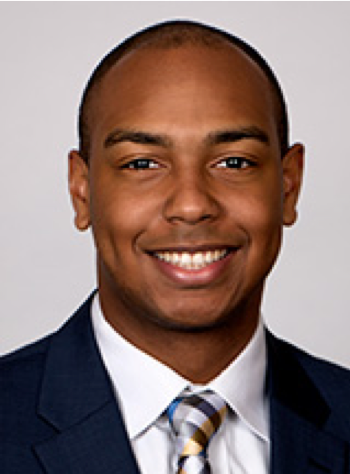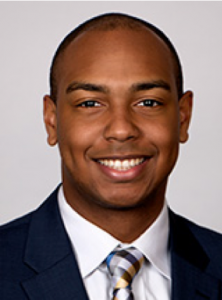
HP Inc. v. Berkheimer: Will SCOTUS Finally Clarify Patentable Subject Matter?
It’s a case with a humble beginning, just three Red Line stops south of Loyola’s Corboy Law Center, in the United States District Court for the Northern District of Illinois. But this case also has the potential to effect major and much needed change in the realm of patent law. The Honorable John Z. Lee heard HP Inc. v. Berkheimer in 2016, and subsequently, the case worked its way through the appellate courts. The Supreme Court hasn’t yet decided if it will hear the case because for the last eleven months the Petition for Writ of Certiorari for Berkheimer was pending a submission of an amicus brief from the Solicitor General. The brief—which recommended that the Court deny the Berkheimer petition unless another case, Athena v. Mayo, is granted certiorari—was filed with the Court last week. This case could be one of the first patent subject matter eligibility cases to be heard by the Supreme Court in over five years—despite over 40 rejected petitions on the same issue. Subject matter eligibility matters to inventors, investors, and other patent stakeholders, because it directly impacts what does and does not receive a patent, and thus who does or doesn’t have the right to exclusively market and sell their invention as a reward for their creativity and ingenuity. However, the current test for patent subject matter eligibility, introduced in 2014, has been very difficult for the lower courts to administer. If the Supreme Court decides to grant certiorari for Berkheimer, it will have an opportunity to clarify the test. By more explicitly defining what can and cannot be patented, the Supreme Court, in theory, might better align the expectations of patent examiners, judges, and inventors, allowing the patent system to function more efficiently.
Continue reading “HP Inc. v. Berkheimer: Will SCOTUS Finally Clarify Patentable Subject Matter?”

 Justin Taylor is a third-year law student at
Justin Taylor is a third-year law student at 